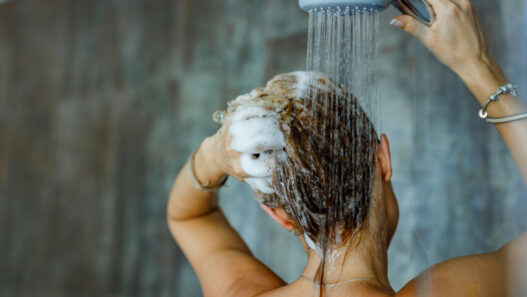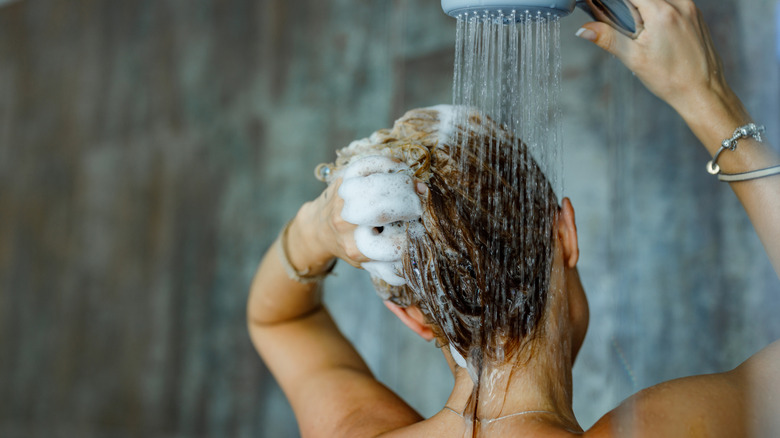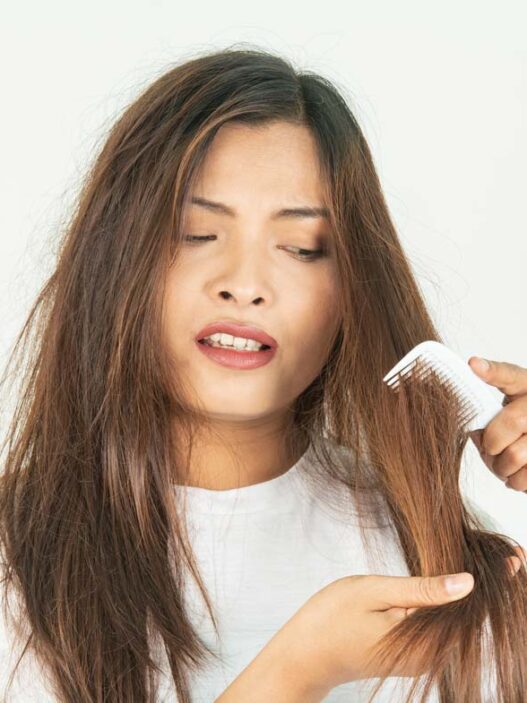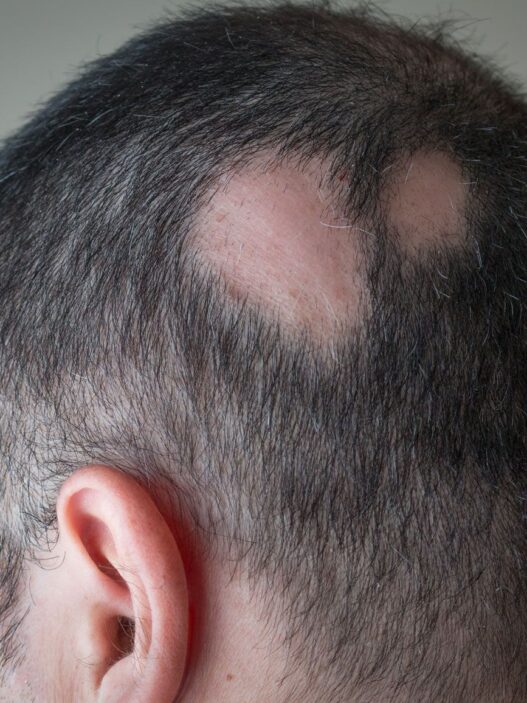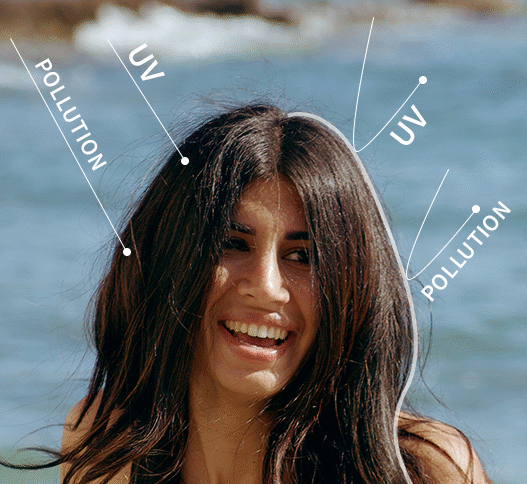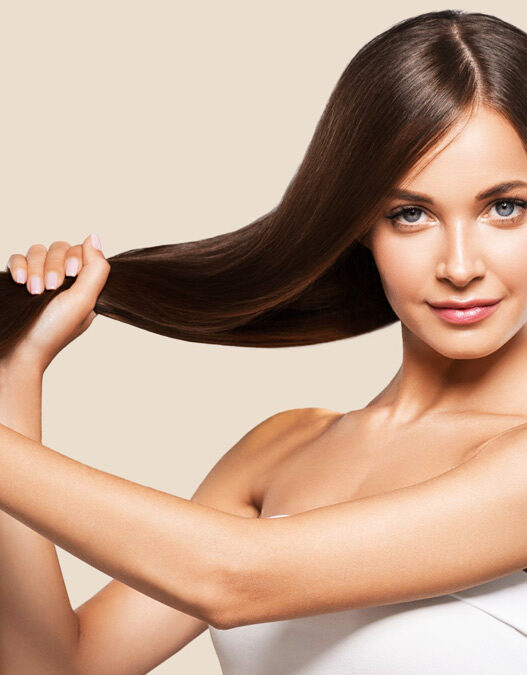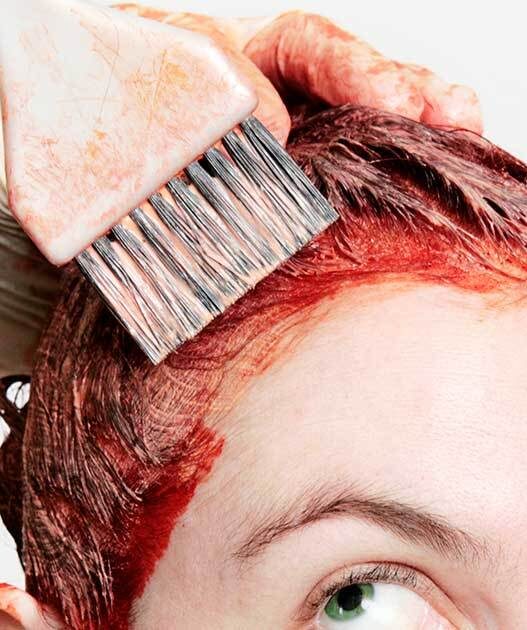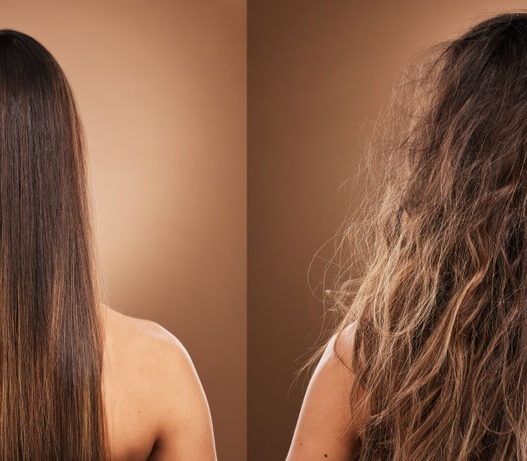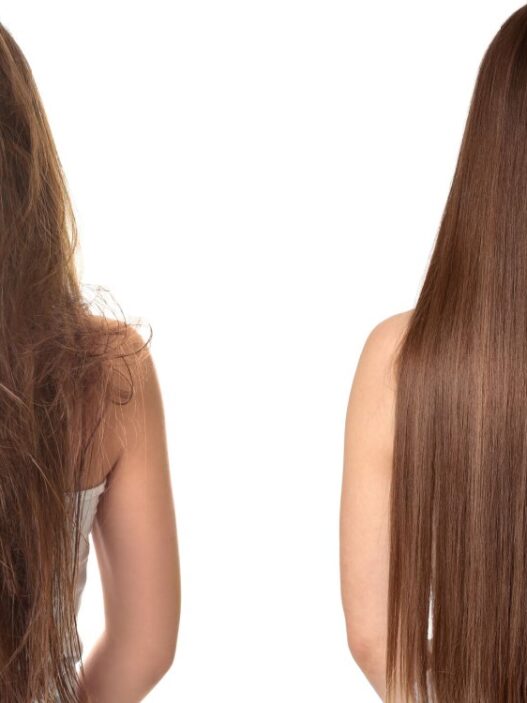Is shampoo harming your hair? Despite being an essential part of most hair care regimens, shampoo may be more harmful than beneficial. Many shampoos, which are full of harsh chemicals like sulfates, remove the natural oils from your hair, leaving it dry, brittle, and prone to breaking.
Shampoo is a product that everyone uses, regardless of how complicated or short your hair care regimen is. One of the most fundamental hair care routines is shampooing your hair. To maintain the cleanliness and health of your hair, it must be done on a regular basis.
But many individuals are unaware that not all shampoos have the same charitable purpose. A lot of shampoos on the market are made with substances that might be more detrimental to your hair than beneficial. How do you know?
This blog will reveal the truth of “is shampoo harming your hair” and look at details if you’ve ever questioned if your go-to shampoo is actually harming the health of your hair.
The Issue With Certain Shampoos
What is the problem, then? The presence of hazardous ingredients and excessively aggressive cleaning agents in certain shampoos is main issue of damage caused by some shampoos.
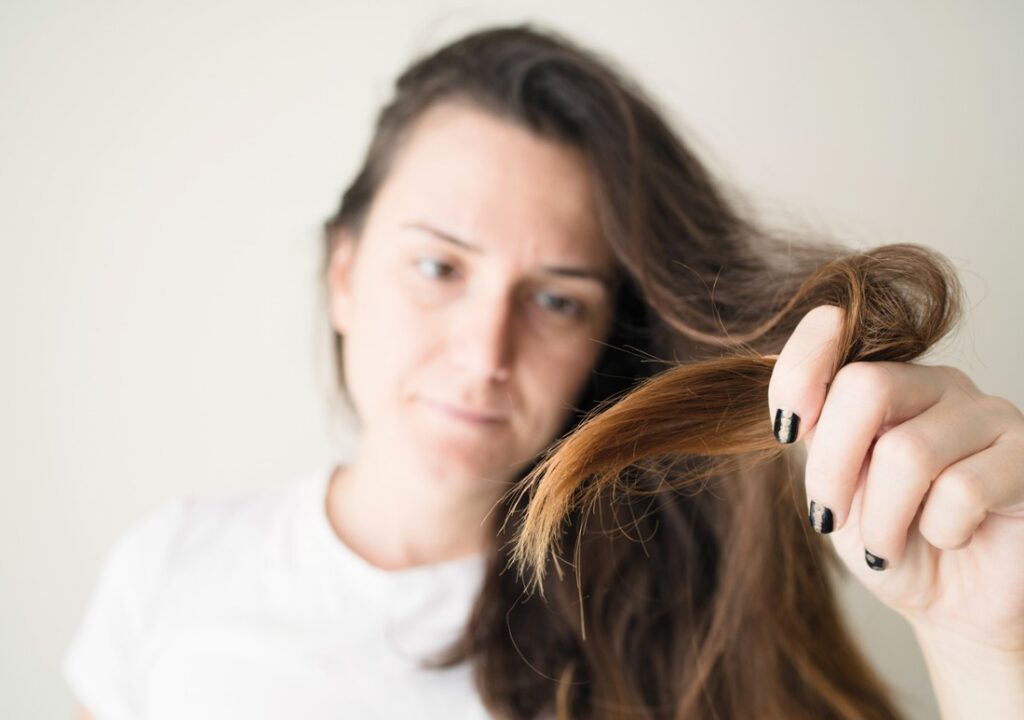
They will still clean your hair and scalp, but they will do it a bit too well, disrupting the microbiota of the scalp in a way that leads to dryness, inflammation, hair loss, and a variety of other issues.
A cheap shampoo will start to seriously damage your hair after a few washes, even if you might not notice the consequences right immediately. Your hair will get worse the more you use that shampoo, until you get to a point from which it’s hard to recover.
How Hair Is Damaged by Shampoo
These days, strong detergents like sodium lauryl sulfate (SLS) and sodium laureth sulfate (SLES), which are frequently the source of hair issues, are found in many shampoos. Knowing how these detergents function will help you answer the question, “Does shampoo damage your hair?”
Because they form bonds with both water and oil, detergents are amphiphilic. This efficiently gets rid of oil and grime, but it also removes the sebum that naturally protects your scalp.
Your scalp is kept hydrated and shielded from environmental harm, allergies, and dryness by this barrier. The damage is higher for color-treated hair since the color pigments are clung to by the detergents and removed.
Shampoo’s Unspoken Impact on Your Scalp
After shampooing, feeling “squeaky clean” isn’t a good thing; it really indicates that the natural oils on your scalp have been removed. When the hair’s protective layer is removed, friction causes this squeak.
Your scalp is dry, irritable, and prone to flaking without this barrier. Additionally, dry hair tangles more readily, which is why those who use shampoo frequently need conditioner. Ironically, the function that conditioner seeks to replace is already performed by your natural oils.
Shampoo Use’s Harmful Cycle
Shampoo starts a vicious cycle where your body produces more oil to compensate for the dry, itchy scalp caused by the removal of natural oils. This encourages more frequent washing since it makes your hair feel greasy sooner. This never-ending loop harms your hair over time.
Does Excessive Shampoo Damage Your Hair?
You don’t want to use too much shampoo, even if it doesn’t include any of the above dangerous components. Your hair may become frizzy, dry, or lifeless if you shampoo it too often.
According to Lindsey Bordone, MD, a board-certified dermatologist and assistant professor of dermatology at Columbia University Irving Medical Center in New York City, “using too much shampoo can cause the hair and scalp to become drier and, therefore, more irritated.”
Since excessive washing might increase your hair’s vulnerability to breakage, excessive split ends are another indication that you’re washing too much. Simply taking a break in between washes is the greatest approach to restore your natural oils.
In an attempt to prolong the amount of time they may go without shampooing, people occasionally overspend on products like dry shampoo, which can further clog the scalp.
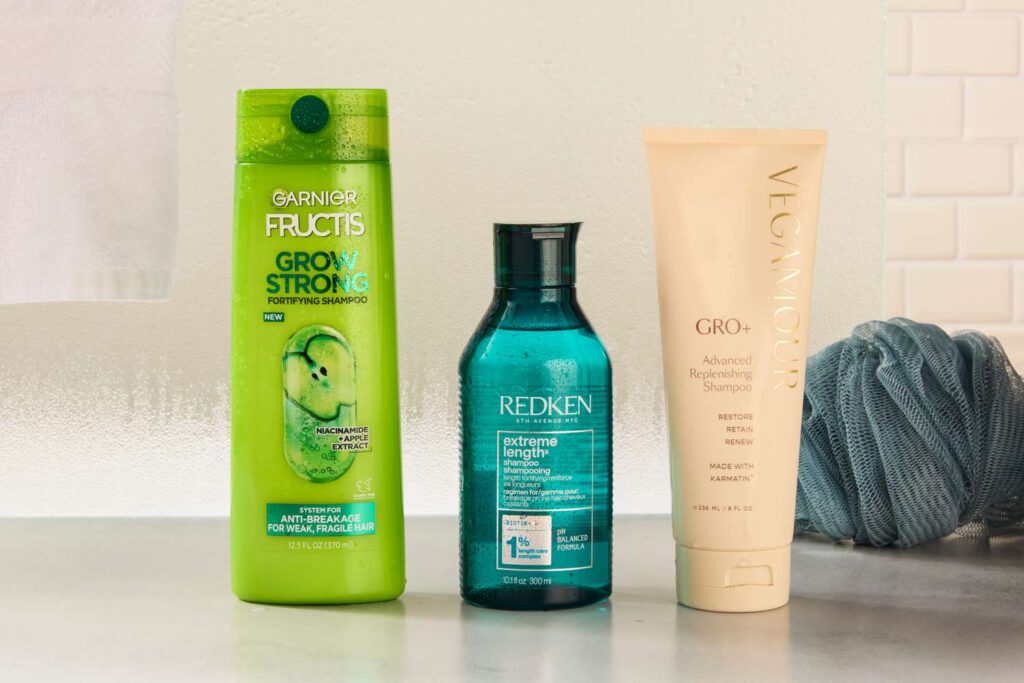
Conclusion
Is shampoo harming your hair? Your hair problems can be caused by the very substance you’ve been using to “clean” your hair. It’s time to stop this destructive pattern.
Of course, if you’re using a shampoo formula that isn’t appropriate for your hair type, even a high-quality product can cause problems. This is why it’s crucial to take your time looking through your alternatives in order to choose a shampoo that will not only meet the needs of your hair but also not harm your hair or scalp.






